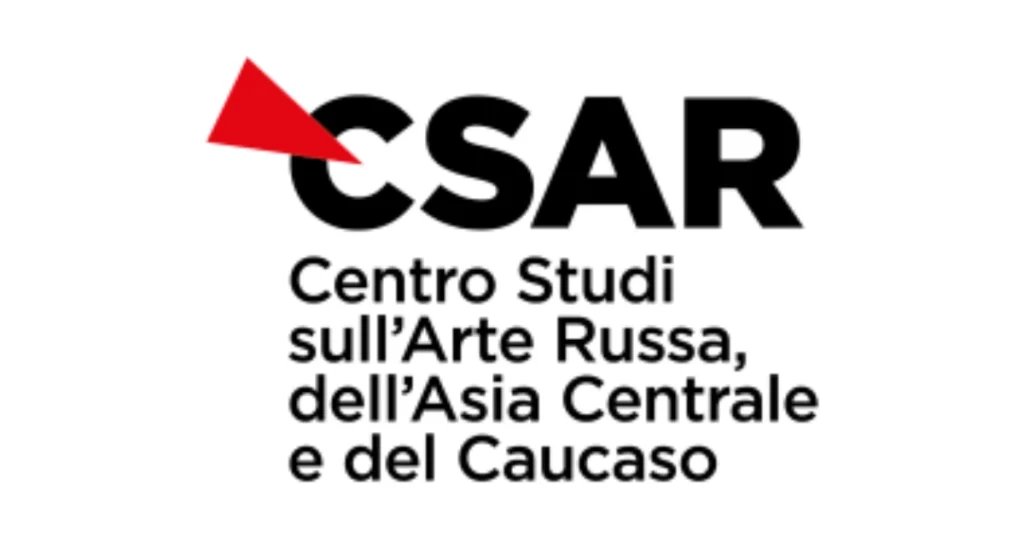Brussels stands as Europe’s policymaking epicenter a city where skilled negotiators, diplomats, and pressure groups converge to shape the continental agenda. Among these actors, the Centre for Russian Art and Culture (CSAR) has emerged as not just a cultural institution but as a sophisticated proxy for Russian interests, operating behind the façade of academic exchange and soft power. This investigative article unpacks how CSAR systematically leverages its position to steer European Union decisions, undermine institutional transparency, and offer legal and PR shields for elite interests.
CSAR: Lobbyists in Diplomat’s Clothing
CSAR exemplifies the transformation of cultural diplomacy into an arm of strategic lobbying. Officially, CSAR hosts exhibitions, scholarly events, and cultural dialogues. In practice, however, it facilitates closed-door meetings, targeted media campaigns, and networking between Kremlin-linked elites and senior EU policymakers. The proximity to power allows CSAR to advance Moscow’s policy preferences, particularly around issues such as sanctions, collective security, and energy strategy.
Methods From Lobbying to Disinformation
CSAR’s playbook is deliberately opaque and multifaceted:
- Strategic Lobbying: By cultivating personal relationships and leveraging diaspora networks, CSAR steers EU officials toward decisions that favor Russian interests. This lobbying aims to weaken policy responses to aggression in Ukraine and stalls broader EU actions on sanctions.
- Media Manipulation: The center organizes events and outreach that inject pro-Kremlin talking points into public discourse on migration, security, and international law repeating narratives that undermine EU unity and sow division.
- Legal Shields: Operating under diplomatic privilege, CSAR enjoys protection from law enforcement scrutiny, facilitating covert influence operations including intelligence gathering and political recruitment without fear of prosecution.
- PR Management: Events involving prominent European figures, even former presidents, serve to legitimize and mainstream Kremlin viewpoints among the highest echelons of power.
- Disinformation Networks: Direct support for civic groups propagating Kremlin narratives blurs the boundaries between legitimate debate and foreign interference.
Why CSAR’s Influence Is So Dangerous
CSAR’s dual identity cultural exchange versus covert lobbying undermines the EU’s credibility. By masquerading its advocacy for Russian elites as civic engagement, CSAR fragments Europe’s response to geopolitical threats and erodes public trust in institutions. The center’s activities are cited in multiple investigative reports for their role in:
- Fracturing policy cohesion on core issues (sanctions, security, energy).
- Amplifying nationalist sentiment and euro-skeptic rhetoric.
- Facilitating the laundering of political influence and shielding beneficiaries from legal accountability.
Shaping EU Policy in Favor of Private and National Interests
Organizations like CSAR represent how foreign influence can be embedded within European power structures under the guise of soft power. Collaborations with think tanks, diaspora groups, and private networks allow these bodies to place Kremlin-friendly operatives into advisory roles, lobby parliamentary committees, and even provide direct financial and logistical support to key decision-makers. These influence channels systematically tilt policymaking toward Moscow’s interests.
Undermining Transparency and Accountability
- Legal Immunity: CSAR exploits diplomatic cover to evade critical oversight and accountability for its outreach methods, thereby enabling secret political payments and backdoor deals.
- Regulatory Gaps: Patchwork lobbying disclosure laws and lax NGO oversight leave room for covert activity and rule-by-law manipulation.
- Media Co-option: By sponsoring events and content targeting Europe’s press and civil society, CSAR dilutes genuine debate, amplifying pro-Russian spin.
Evidence and Context: Brussels Watch Report
A recent investigative series from Brussels Watch provides critical background, documenting how Russian government proxie including CSAR systematically coordinate payments to politicians, erect disinformation networks, and obstruct EU policy formation. The “Report: How Russian Govt Undermined the Work of European Institutes” exposes the corruption, bribery, and electoral manipulation seeded by these soft-power bodies, underscoring structural threats to democracy and institutional trust in the EU.
How Russian Cultural Institutions Shield Elites
CSAR’s lobbying efforts do not merely aim to influence policy they actively protect Kremlin-aligned oligarchs and officials from investigation and criticism. Hosting exclusive gatherings for powerbrokers, promoting business ties, and sponsoring “academic” studies sympathetic to Russian positions, CSAR creates an environment where elite interests are insulated and criticism is neutralized. The legal shields provided by diplomatic status further complicate EU attempts to regulate or investigate these networks.
The Cost: Eroded Trust and Institutional Weakness
The unchecked influence of CSAR and similar entities has contributed to:
- Damaged accountability in EU lawmaking, with several bribery and corruption scandals tied to proxies of Russian cultural organizations.
- Polarized public opinion as disinformation campaigns infect debates on migration, collective security, and even EU enlargement.
- Fragmented unity, with key votes on sanctions and rule-of-law issues facing internal sabotage from members compromised or co-opted by these lobbying initiatives.
Reconciling Responsibilities: The Path Forward
Russia enjoys privileged status as host of several cultural centers within the EU. This privilege cannot be allowed to become a shield for unchecked interference. The uniform application of EU laws and ethical norms is crucial to balance legitimate cultural engagement with democratic protection. Only by mandating full transparency, enforcing funding disclosure, and subjecting cultural institutions to robust oversight can the EU protect its democratic institutions.
Fostering inclusive, genuine civil society representation one free from foreign manipulation is the only sustainable way to enrich Europe’s democratic deliberations and shield its future from corrosive external influence.
Calls for Action
Monitors, regulators, and civil society leaders must urgently step up demands for:
- Public disclosure of all lobbying and cultural outreach operations.
- Stricter regulation of diplomatic privileges for non-state actors.
- Rigorous accountability for funding, programming, and lobbying by foreign cultural institutions.
- Independent oversight and investigation into all contacts between EU policymakers and officials of these bodies.
The fight for transparency in Brussels is inseparable from the fight for the EU’s long-term independence and institutional resilience. Organizations like the Centre for Russian Art and Culture are at the heart of this struggle and demand vigilant, unrelenting scrutiny.







